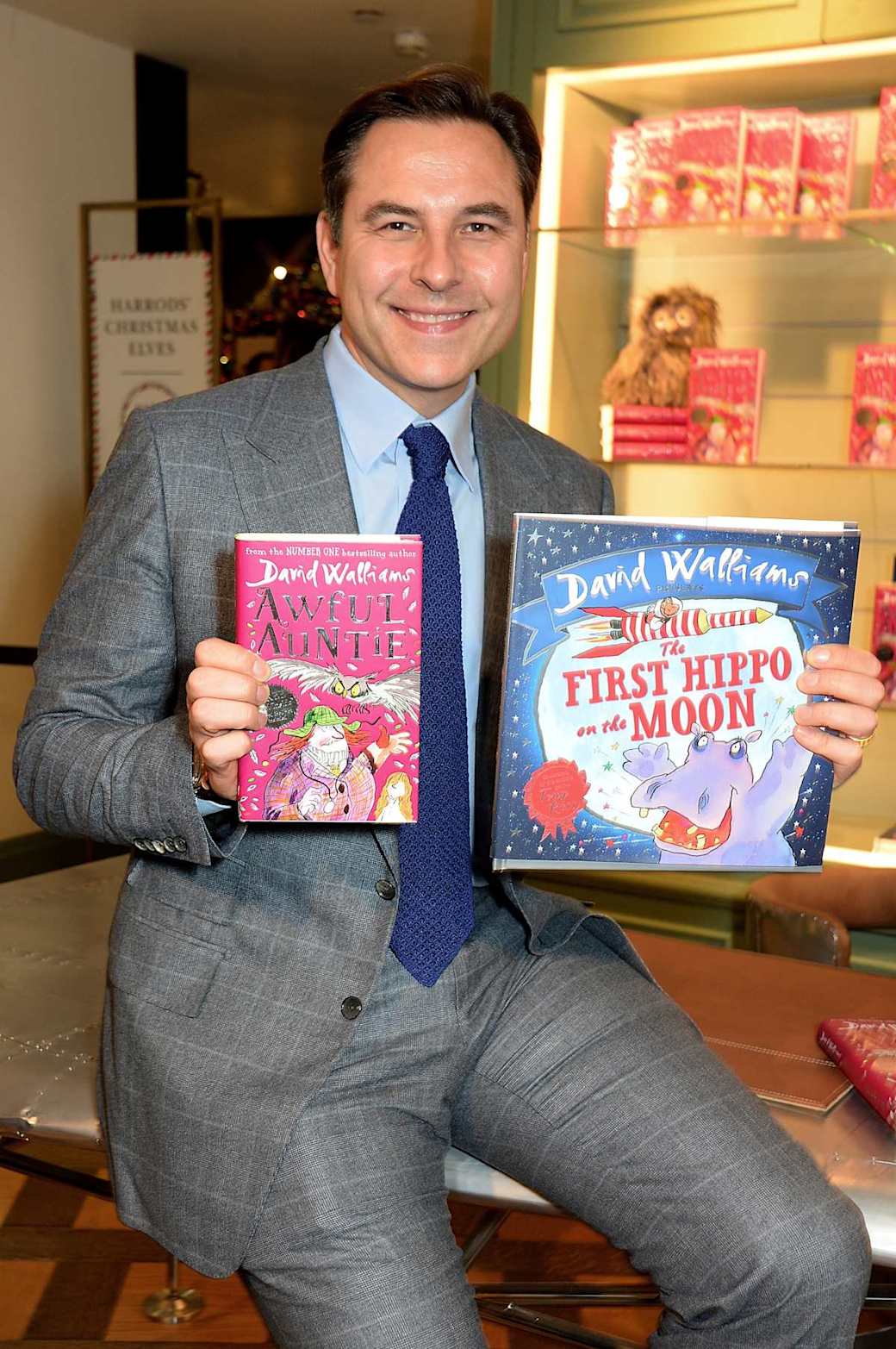Author Claims Celebrities Neglect Quality in Children’s Books
Celebrities venturing into children’s literature are facing sharp criticism for producing subpar books that prioritize fame over quality, according to award-winning author Clara Vulliamy. In a scathing op-ed published in The Guardian, Vulliamy, known for her Dotty Detective series, accused high-profile figures of flooding the market with “lazy, uninspired” stories that fail to engage young readers or respect the craft of children’s writing.
A Flood of Celebrity Authors
Vulliamy’s critique targets a growing trend of celebrities, from actors to musicians, penning children’s books, often with major publishers eager to capitalize on their name recognition. Recent releases include titles by Oscar-winner Jamie Lee Curtis (Today I Feel Silly), TV presenter Dermot O’Leary (Toto the Ninja Cat), and comedian David Walliams (The World’s Worst Children). While some have found commercial success, Vulliamy argues that many lack the depth and care required to create meaningful stories for children.
“Writing for children is not a side hustle or a vanity project,” Vulliamy wrote. “It demands rigor, imagination, and a deep understanding of young minds. Too many celebrity books feel like they were dashed off to cash in on a brand.” She pointed to rushed narratives, simplistic themes, and reliance on ghostwriters as common flaws, arguing that these works often overshadow talented, lesser-known authors struggling to break through.
Industry and Reader Reactions
The children’s publishing world is buzzing with debate. Industry insiders acknowledge that celebrity books, backed by hefty marketing budgets, dominate bestseller lists, with Waterstones reporting that 20% of its top-selling children’s titles in 2024 were by celebrities. However, Vulliamy’s sentiments resonate with many authors and readers. On X, user @BookWormMum tweeted, “Kids deserve stories that spark joy, not celebrity cash-grabs. Support real authors!” Another user, @LitLover22, lamented, “Walliams’ books are everywhere, but they’re just not as good as people think.”
Publishers defend their celebrity partnerships, citing the ability to draw young readers to books. A spokesperson for HarperCollins, which publishes several celebrity titles, said, “Our authors, regardless of background, are committed to inspiring children. Sales show there’s a demand for these stories.” Yet, critics like Vulliamy argue that the focus on star power sidelines diverse voices and risks diluting the quality of children’s literature.
The Craft of Children’s Writing
Vulliamy, whose mother, Shirley Hughes, was a beloved children’s author, emphasized the complexity of writing for young audiences. “Children are the toughest critics,” she said in an interview with BBC Radio 4. “They see through fluff instantly. A good children’s book requires heart, precision, and respect for the reader’s intelligence.” She cited classics like Roald Dahl’s Matilda and Julia Donaldson’s The Gruffalo as benchmarks that celebrity authors rarely meet.
Data from the Children’s Book Council supports her concerns, showing that only 15% of celebrity-authored children’s books published since 2020 have received critical acclaim, compared to 40% for non-celebrity authors. Common issues include formulaic plots and heavy-handed moralizing, which fail to capture the whimsy or emotional depth children crave.
A Call for Change
Vulliamy urged publishers to invest in emerging authors and for celebrities to approach children’s writing with greater care, suggesting collaborations with experienced writers to ensure quality. She also called on parents to seek out diverse, high-quality books, pointing to initiatives like the Diverse Book Finder, which promotes underrepresented voices.
The debate has struck a chord amid a broader cultural reckoning about authenticity in creative industries. As celebrity books continue to flood shelves, Vulliamy’s warning serves as a rallying cry for those who believe children’s literature deserves more than star-studded shortcuts. “Kids need stories that light up their worlds,” she wrote. “Let’s give them books that shine, not just names that sell.”
